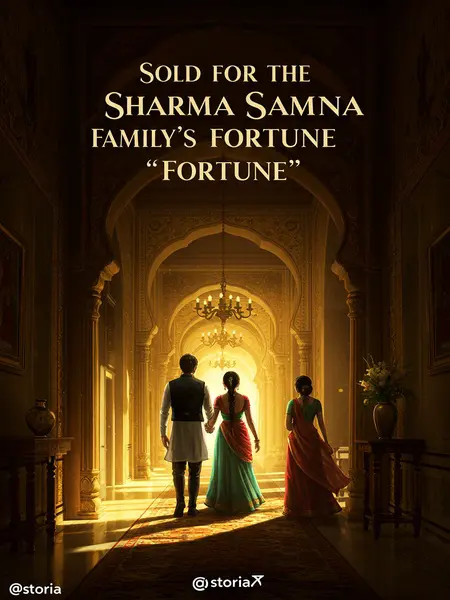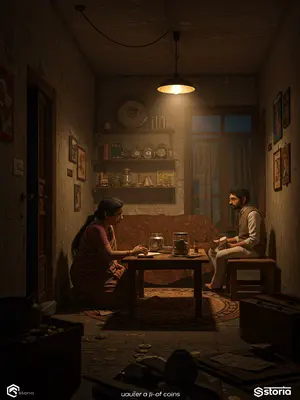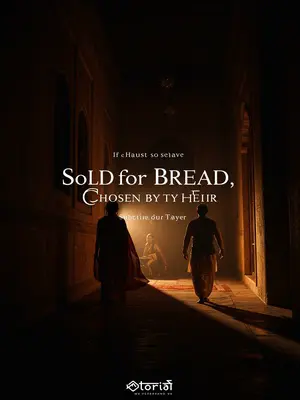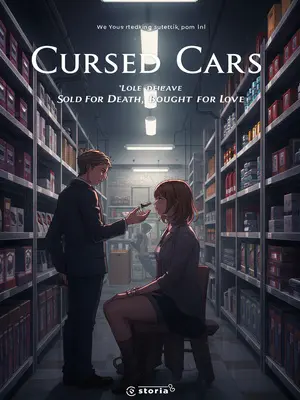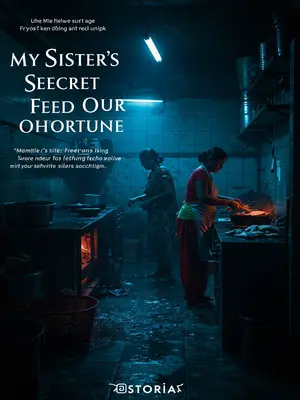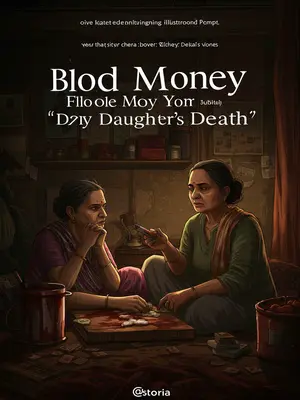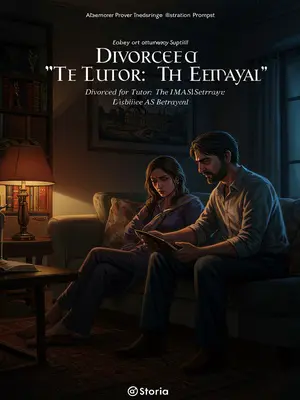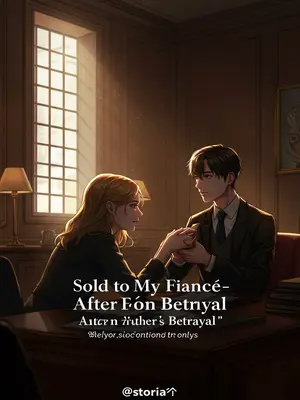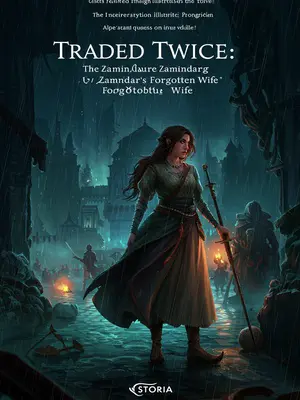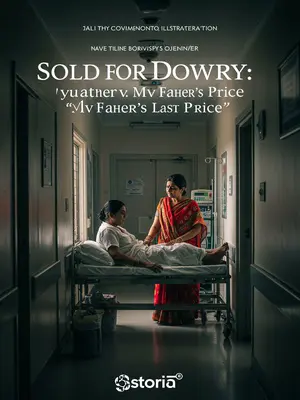Chapter 14: The Bargain
My father was eventually sentenced to ten years.
The trial was quick, the verdict a foregone conclusion. The Sharma family’s name was never mentioned. My father took the fall, as he always had.
When I visited him in jail, he had already heard about my mother’s death, but the first thing he asked was, “Did you move into the Sharma family bungalow?”
He peered through the iron bars, hope flickering in his eyes. The world outside had shrunk to this: a house, a promise, a future he could still believe in.
I nodded and said I had.
The lie slipped out easily, a small mercy for a broken man. He smiled, his shoulders relaxing for the first time since my sister died.
My father sighed, “Uncle Sharma is really loyal. He gave your grandparents two lakh rupees and especially kept you. He also said that when I get out, he’ll buy me a Fortuner. By then, your dad will be someone who drives a Fortuner.”
His voice was wistful, dreamy. He painted a future where cars and status mattered more than the lives lost along the way. For a moment, I pitied him.
I didn’t ask my father why he never mentioned Mom or my sister.
There was no point. The silence between us was thick, impenetrable, filled with ghosts and unspoken grief.
He had his own dreams of the underworld, his own fantasies of rising to the top.
In his world, ambition was everything. He clung to his dreams, even as they turned to dust in his hands.
Ten years in jail for crores in assets, earning lakhs a year, even at the cost of his wife and daughter, and then marrying someone new.
People said it was a good bargain. Sacrifice a few pawns, win the game. My father had gambled with our lives and lost everything that mattered.
I know many people would think it’s worth it.
Neighbors would nod sagely, “Arrey, aisa mauka baar baar nahi milta. Ek din paisa aa gaya toh sab theek ho jaata hai.” But I knew the truth.
So I didn’t ask. I just listened to him talk endlessly about the future, but all I could think about was Mom holding my sister’s little hand, walking down the dusty village lane.
The image replayed in my mind—a faded memory of sunlight, laughter, and the promise of jalebis after school. It was the only future I wanted, now lost forever.
I tried so hard to catch up to them, but could never reach them.
No matter how fast I ran, how loud I called, they always remained just out of reach, shadows at the end of the lane.
That day, after leaving the jail, I suppressed my sorrow and told myself: I will definitely reunite with them.
I made a silent vow, a prayer offered to no god. My time would come, and when it did, I would not fail them again.
Even years later, the smell of hot jalebis would make my stomach twist with longing and loss.
